If you want to buy a proper size polished porcelain bathroom ceramic tile, you need to know what size you are looking for. It is offered in different such as 12×12, 4×4, 6×6, and 16×16 to name a few. Tiles are available in a variety of sizes, suitable for floors and walls, and offer significant design options for almost any room in any home style. Typically, tiles are made from rectangles measuring 16″ x 16″, 12″ x 12″, 6″ x 6″ or 4″ x 4″ and come in different types of finishes. Large format tiles are great for high traffic areas like bathrooms and kitchens, but you can use them in any room of the house to make an eye-catching statement. They come in rectangular and square shapes and can be mounted on walls and floors for impact.
- 12×12 tiles look great on kitchen counters.
- 12×12 black tiles can create an elegant look in any room of the house.
- 12×12 ceramic floor tiles have the advantage of being very easy to use.
- 12×14 tiles are perfect for spacious linear living spaces,
- 13×13 tiles can bring elegance and sophistication to your space.
- 16×16 ceramic floor tiles are perfect for modern interiors with clean lines and right angle rulers.
- 16×16 tiles can give you a modern look and add charm and character to your home.
- The 18×18 tile is a standard tile size that helps create the illusion of a larger space.
Thanks to new tile printing techniques, imitation wood and imitation stone tiles are becoming more and more popular. While imitation stone tiles tend to be square or rectangular, the dimensions of imitation wood tile planks are designed to replicate actual hardwood planks. Wood grain tiles come in a variety of styles to add depth to your room. You can also install faux stone tiles in hallways or consider herringbone and brick grout patterns to give your floors a modern look. The most common faux wood tile sizes are:
- 4″x12″ and 48″
- 6″x24″, 36″ and 48″
- 7″x20″
- 8”x32”, 36” and 48”
- 9″x36″
- 12”x24” and 48”
- 16″x32
ceramic tiles
Available in a variety of colors, styles, sizes, and tile shapes, modern ceramic tiles allow you to create a truly personalized space. The size of the tiles depends on the material and the intended use, and has increased considerably over the years. However, while there are some standard tile sizes, many manufacturers also make specific size tiles based on their in-house designs. Producers offer a wide variety of products, from very small 0.5″ x 0.5″ mosaics to large 24″ x 24″ tiles, to fit any home design and meet any customer needs. Different tile sizes create a different aesthetic and affect how you feel in the room. Large format tiles at least 12 to 18 inches wide or long can make a room appear larger and are increasingly popular on walls and floors.
They can bring timeless, classic elegance to traditional homes. There are fewer grout lines, which makes any space feel more open and cleaner and gives it an upscale look. That is why by installing large format square tiles on the walls of your bathroom, you can make it look more luxurious and make it look more elegant. The elegant 12×24 glass tiles fit perfectly in a modern kitchen, around an outdoor swimming pool or in a living room. By installing 18×18 travertine tiles, you can add extra curb appeal to your floors. 12×24 white tiles can complement design styles from traditional to contemporary. Large tiles are also suitable for open spaces, helping to tie the two spaces together. Small tiles can add depth to any space or shrink it to make it more compact. With more grout lines, small tiles are a great choice for showers as they provide more traction and slip resistance.
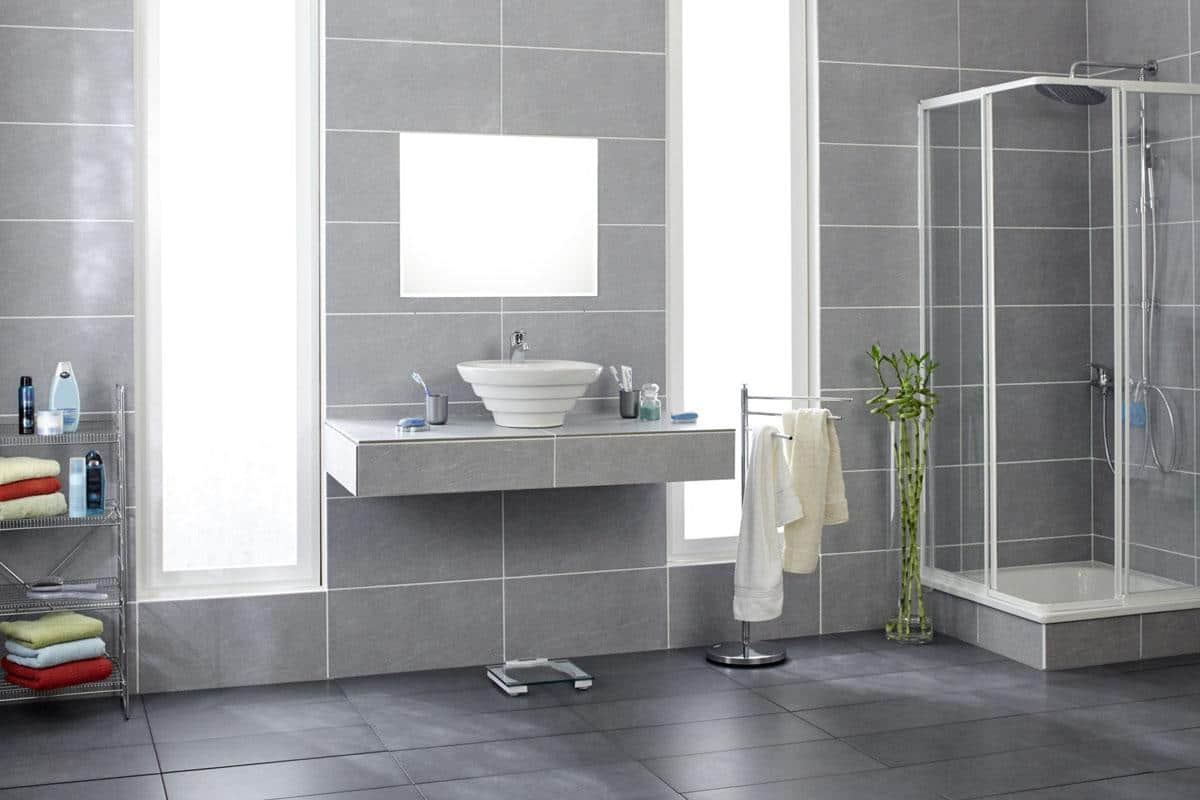 Porcelain-ceramic-floor-tiles
Porcelain-ceramic-floor-tiles
12×12 ceramic tile
Best quality of 12×12 floor ceramic are a proper size for kitchen and room covering. Tile is a common flooring material for all types of buildings, whether residential, commercial, or public. Tile has many advantages that make it a widely used flooring material in different buildings. Available in a variety of designs, colors, and finishes, tiles can be used to create a unique wall and floor designs.
- High strength
The ceramic floors are very solid. Their breaking strength is around 350-400 kg/cm2, while the breaking strength of mosaic floors is around 100-150 kg/cm2.
- No stains
Ceramic floors are the least demanding to clean and keep up. It is also stain-free and resistant to alkalis and acids.
- Scratch resistant
The tiles are very resistant to abrasion, with a hardness of around 6-7 on the Mohs scale. This means that even hard materials with sharp edges will not leave many scratches on the surface.
- Lightweight
Ceramic floors weigh a third of the weight of mosaics and are only 7.5 mm thick. This makes it lightweight and requires thinner floor padding than mosaic floors, resulting in significant cost savings.
- Easy to wash
Ceramic floors have exceptionally low water retention and are exceptionally simple to clean. Statically neutral ceramic floors do not attract dust, unlike statically charged mosaics.
- Bacteria-free
Ceramic floors are bacteria-free because no bacteria can grow on them. It is an excellent material for hospitals, operating theatres, industrial kitchens, cold stores, etc.
- Insulation
Tile is a good insulator. In addition, the specific heat is about 0.12, which greatly improves the efficiency of the air conditioner.
- Flame retardant
The tiles are fired at 1900oC and are highly fire resistant.
- Acoustics
The tile has a very high soundproofing coefficient which helps eliminate echoes and is therefore considered ideal for auditoriums and auditoriums. 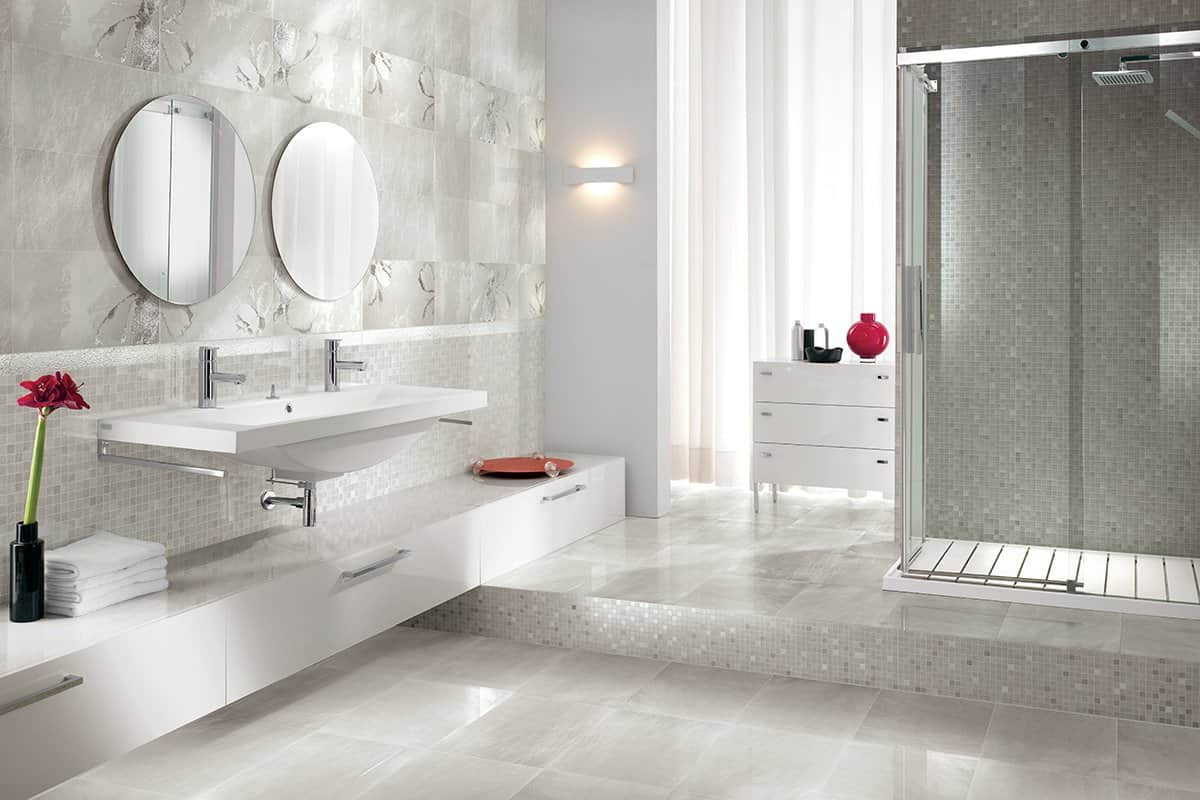
porcelain floor tiles
Porcelain floor tiles are a type of tile that is defined as having a water absorption of 0.5% or less. Additionally, the Measured Tile Panel/Slab is the largest tile in the tile collection, measuring up to 5 feet wide and 15 feet long. Although tile is part of the tile family, it is referred to separately from tile in this document and in most publications. You can choose between “ceramic tiles” (non-ceramic tile surfaces such as quarry tiles, pressed floor tiles and wall tiles) or “ceramic tiles” (referring to tile surfaces) for the versatility of a beautiful and durable design. Designing and remodeling your home can be an exciting and rewarding creative activity. For all the decisions required for a specific product, we appreciate the selection of a range of tiles whose advantages far exceed those of non-ceramic materials. 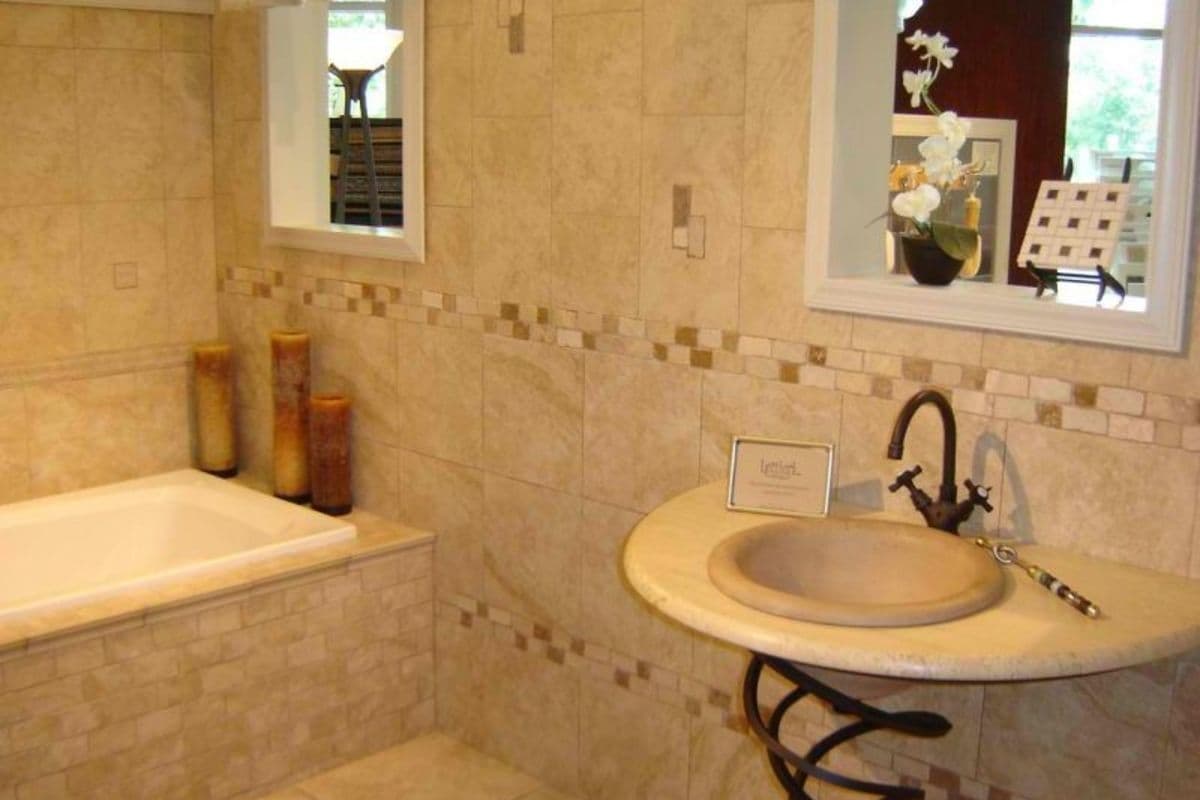 The different types of tiles collectively make up what is commonly referred to as the “tile family” – ceramic tiles, stone tiles, pressed floor tiles, wall tiles, and mosaic tiles. Each of these tile subsets has all the benefits of a tile, and each tile is produced in a slightly different way, so may have additional benefits tailored to specific applications. Health and hygiene are top priorities for everyone these days. The health benefits of ceramics and tiles are nothing new. Homeowners have long embraced tile collections as a material to promote a healthy home. For example, ceramics and tiles do not contain volatile organic compounds (VOCs), formaldehyde, or polyvinyl chloride (PVC), materials that can cause health problems. Ceramic and tile are also hypoallergenic (i.e. they do not cause allergic reactions) and environmental allergens (such as dirt, dust mites, pollen, mold spores, dander pet, and insect allergens) cannot penetrate non-porous surfaces.
The different types of tiles collectively make up what is commonly referred to as the “tile family” – ceramic tiles, stone tiles, pressed floor tiles, wall tiles, and mosaic tiles. Each of these tile subsets has all the benefits of a tile, and each tile is produced in a slightly different way, so may have additional benefits tailored to specific applications. Health and hygiene are top priorities for everyone these days. The health benefits of ceramics and tiles are nothing new. Homeowners have long embraced tile collections as a material to promote a healthy home. For example, ceramics and tiles do not contain volatile organic compounds (VOCs), formaldehyde, or polyvinyl chloride (PVC), materials that can cause health problems. Ceramic and tile are also hypoallergenic (i.e. they do not cause allergic reactions) and environmental allergens (such as dirt, dust mites, pollen, mold spores, dander pet, and insect allergens) cannot penetrate non-porous surfaces. 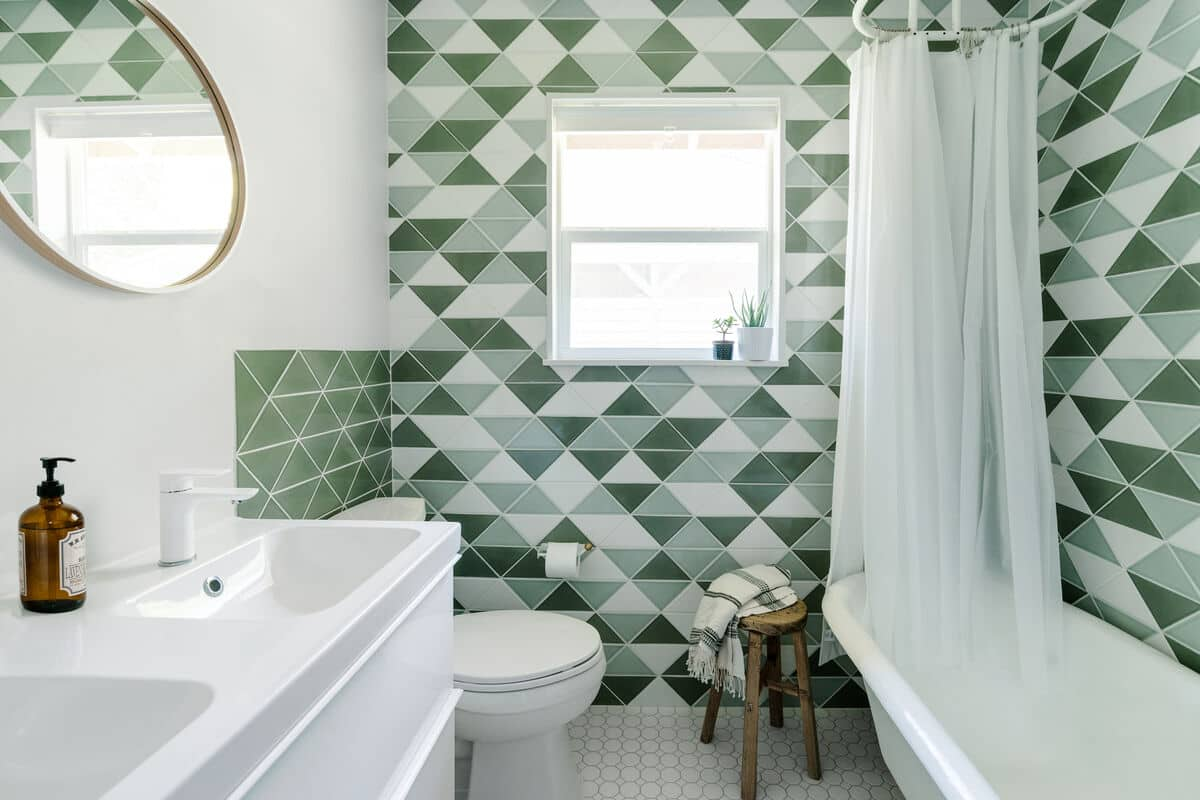
ceramic tile near me
buy growing internet, people tend to buy different things such as a toy, water pumps, or ceramic tile online. So, looking for a” near me” shop is nonsense. Buying online ceramic has different advantages than the ceramic tile itself has. Sure, you need a material that looks good – but not if it means constant upkeep and maintenance. Ceramic and tile surfaces are inherently resistant to all of the following, making your life easier:
- Water: All types of tile are impervious, Italian porcelain has a water absorption rate of 0.5% or less. When properly installed, ceramics and tiles are part of a watertight installation system.
- Stains: Ceramic and tile are stain-resistant. Simmering spaghetti sauce in the kitchen, spilled drinks in the dining room, and muddy paw prints in the mudroom, can’t compete with tile and floor tiles.
- Dirt: Unlike some other flooring materials like carpet, ceramic and tile have a hard, impermeable surface where dirt and allergens cannot hide or get trapped. Dirt and dust simply settle on surfaces that you can easily sweep or wipe down.
- Discoloration: Flooring materials, such as some types of hardwood and vinyl products, may discolor from exposure to sunlight. Because the color is baked directly into the tile, it never fades, rain or shine.
- Scratches: Scratches, chips, dents, dents, scuffs, and scraps – this type of damage is extremely unlikely on porcelain and tile. Besides the obvious benefits here, you don’t have to worry about dirt collecting in those cracks that appear on other non-ceramic surfaces. Full body tiles are the same color throughout, so if there are any scratches or chipping, it’s hard to notice. You don’t have to worry about an extra maintenance task for ceramic and tile: replacing them. Installations last as long as the buildings they are installed in. The longevity of ceramic and tile means that removing and replacing damaged materials is usually not a problem.
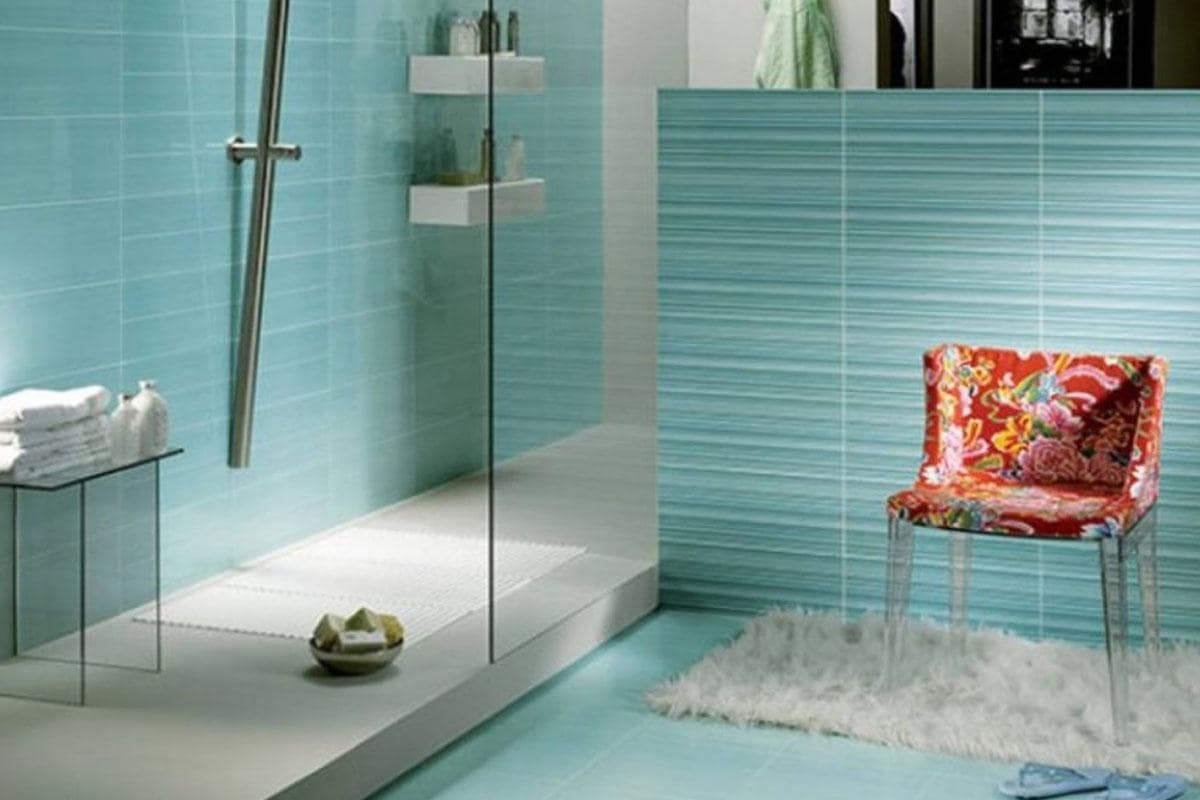
ceramic tiles home depot
home depot is an American retailer of different products such as water pumps, ceramic tiles, and different accessories. Home depot offers their customers with different types of ceramic tiles which are easy to clean. Cleaning can sometimes be a double-edged sword: a dirty house can increase your anxiety, but high-maintenance cleaning tasks can also lead to stress. Of course, everything needs to be cleaned from time to time, so the trick is to find a material that’s as easy to clean as possible. You already know about the antibacterial and antibacterial properties of ceramics and tiles, and they are stain resistant, so you can assume that tiles are also easy to clean. Ceramics and porcelain wall are inorganic and “inert”. 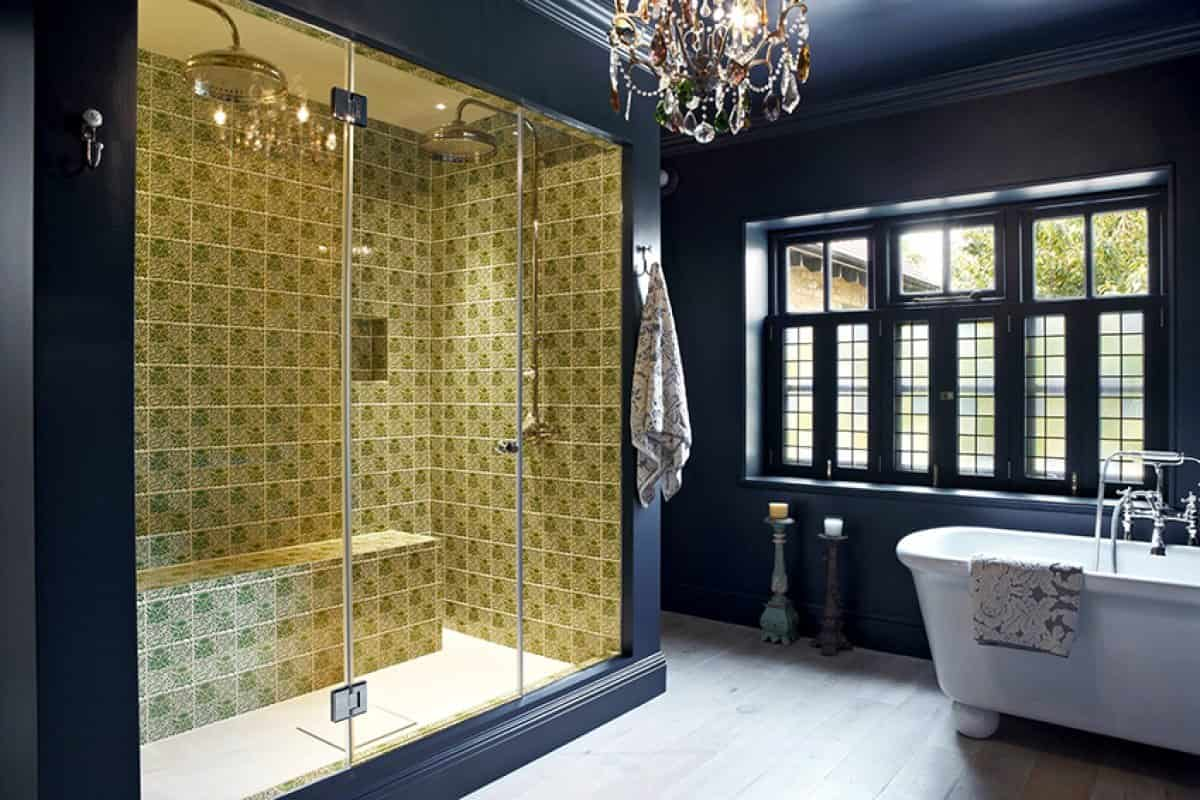 However, soap, body oils, and other residues can accumulate on tile and grout, providing organic “food” for mold and mildew growth and should be cleaned regularly. Regular light cleaning is as simple as these three steps:
However, soap, body oils, and other residues can accumulate on tile and grout, providing organic “food” for mold and mildew growth and should be cleaned regularly. Regular light cleaning is as simple as these three steps:
- Sweep or wipe up debris, dust and other debris.
- Wipe or wipe with clean water.
- Dry thoroughly in the open air or with a microfiber cloth.
- That’s right – no harsh chemicals or scrubbing on hands and knees.
For deep cleaning and especially stubborn stains, use a cleaner made specifically for tile and grout, or look for a neutral or mildly alkaline cleaner such as Mr. Clean or Spic and Span, or a nylon-based cleaner if you like or plastic scrubbers. When you need a cleaner or disinfectant, use a neutral pH cleaner. For disinfection, the Centers for Disease Control and Prevention (CDC) recommends adding one cup of household bleach to five gallons of water, which is also safe for regular use on ceramic and tile surfaces. 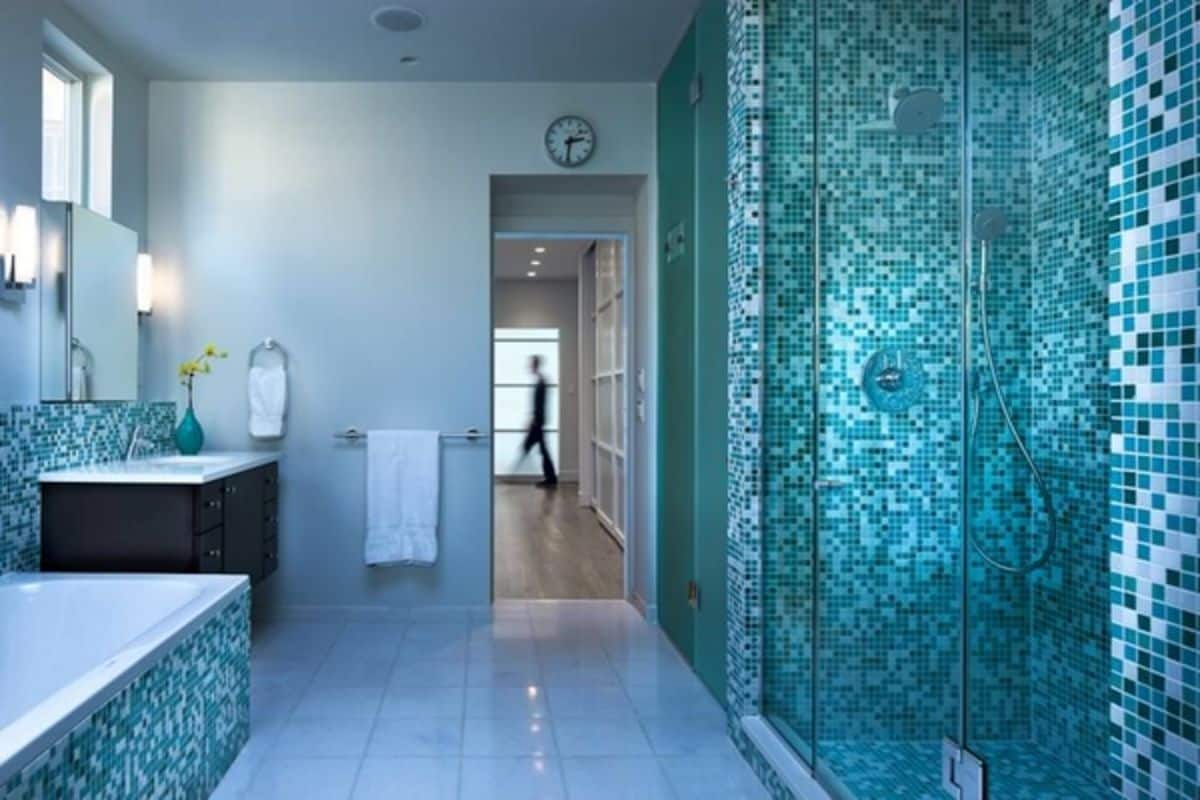
ceramic tile bathroom
ceramic tile is known as a beautiful covering for different places such as bathroom, kitchen, or shower. You might think ceramic and tile are your typical choices for shower or kitchen floors, but the tile collection is much more versatile. In fact, you can find options for using ceramic and tile anywhere inside and outside your home. To see what we mean, all you have to do is consider the specific durability benefits and consider ceramic and flooring porcelain for the application. 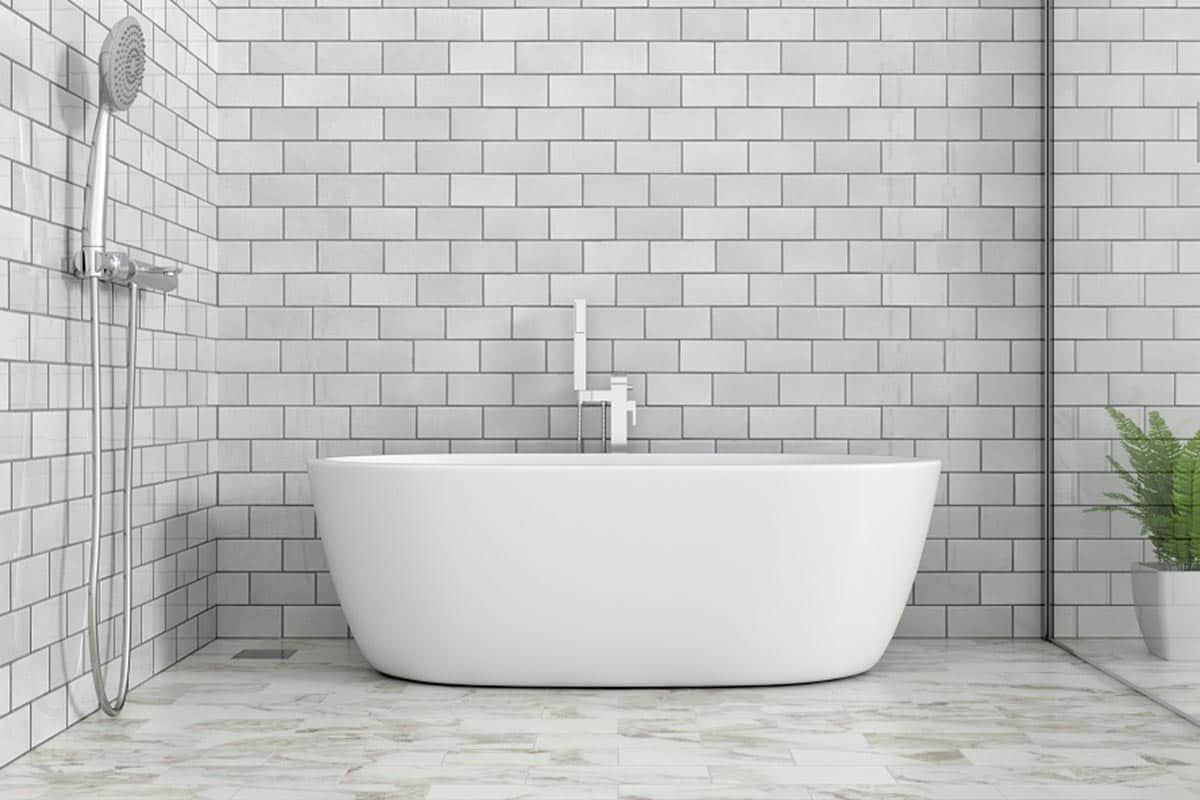 For instance:
For instance:
- Water resistance: backsplashes, counters, showers, general kitchen and bathroom applications, swimming pools, exterior walls, rooftop terraces and other outdoor areas
- Scratch resistant: kitchen counters and general flooring applications
- Stain resistance: kitchen applications, hallways and outdoor areas
- Fade Resistant: Outdoor areas near windows and indoor living areas
- Freeze-thaw resistance: walk-in freezers and outdoor spaces in all climates
- Fire resistance: kitchen applications and fireplaces
- Slip resistance: kitchen floors, bathrooms, showers and outdoors
- Bacterial resistance and antibacterial properties: ubiquitous (!), especially in kitchen and bathroom applications or other moisture-sensitive applications, as well as in furniture applications
- High Break Strength: Any area with heavy appliances and high traffic, outdoor areas and furniture applications.

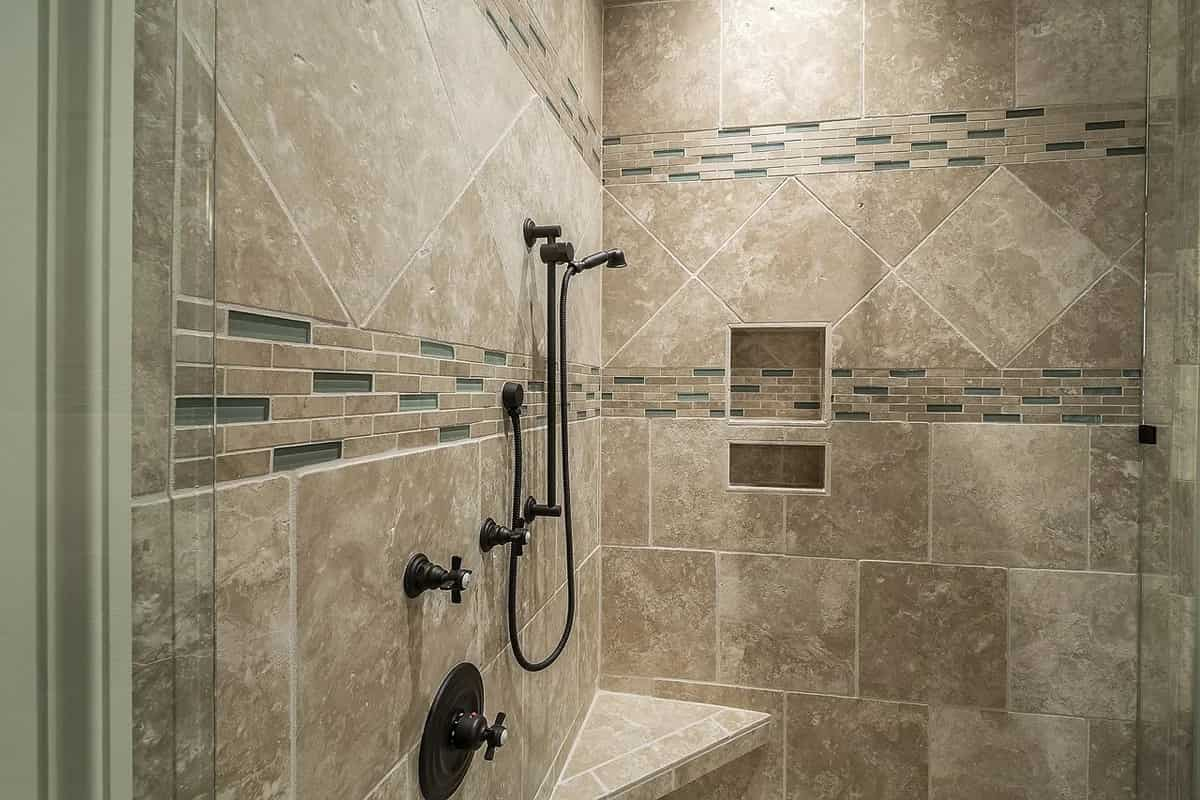
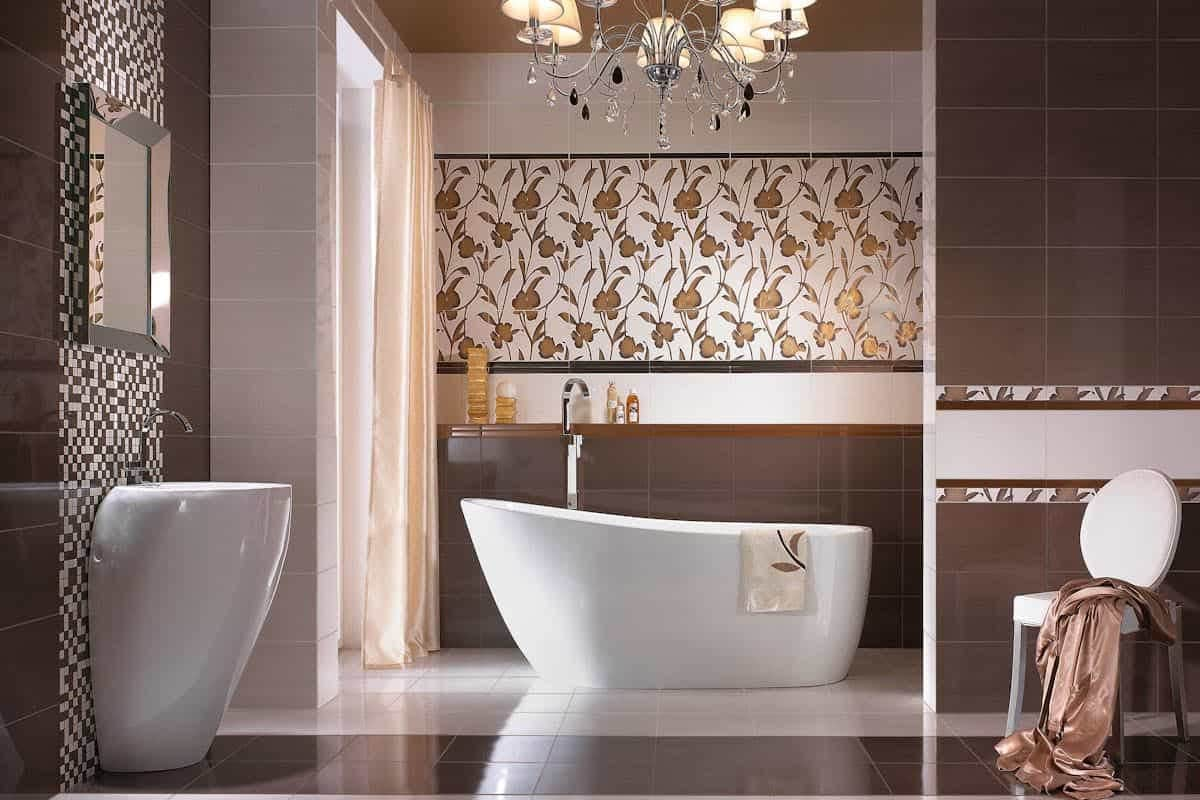
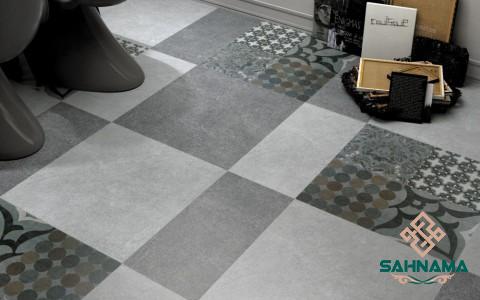
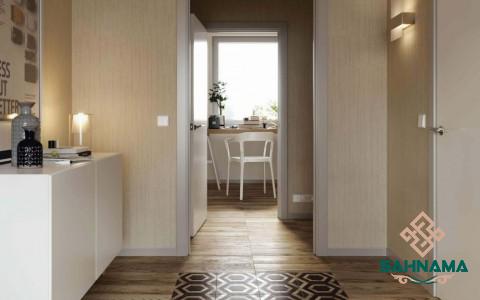
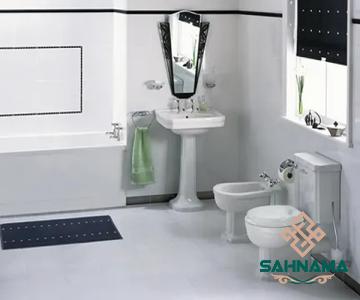
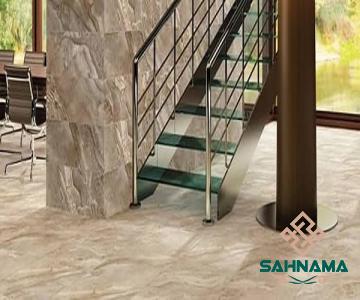
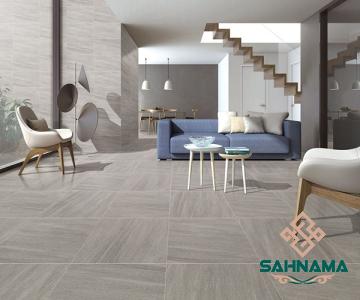
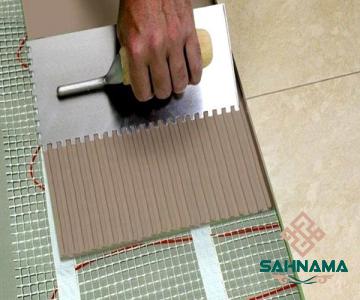
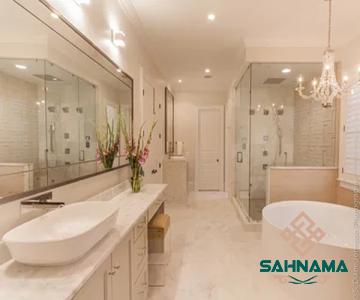
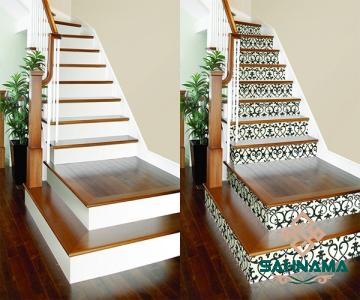
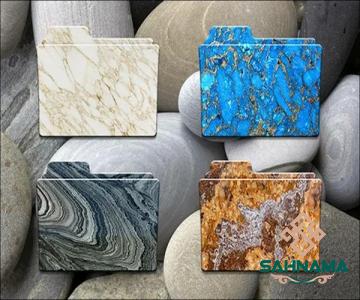
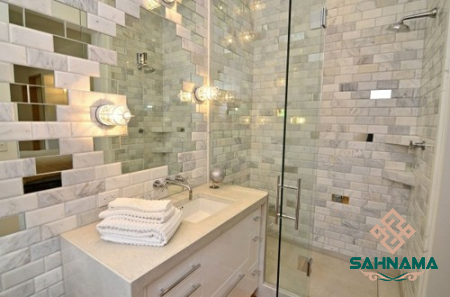
Your comment submitted.